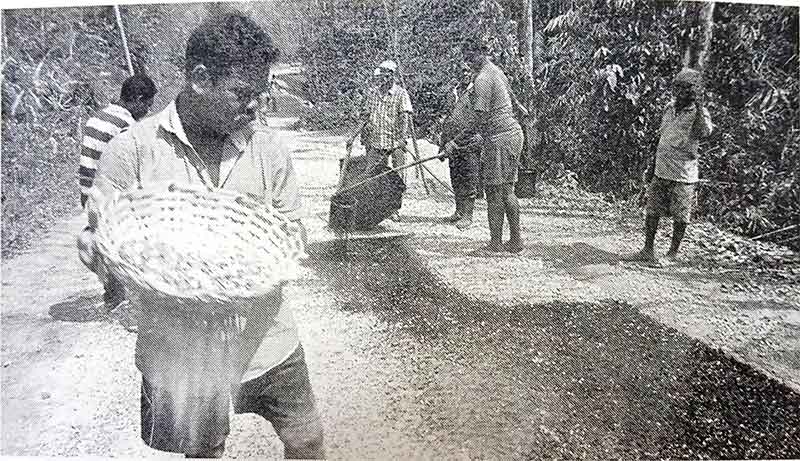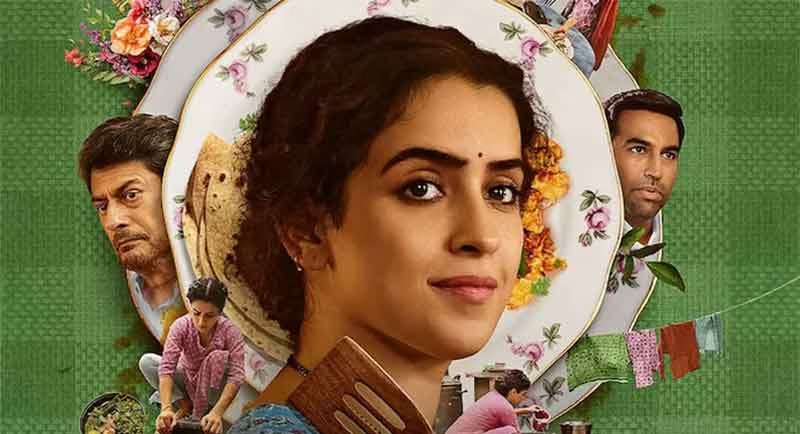
More than a century ago, in 1918 to be precise, 400 Adivasis from Chotanagpur were taken as indentured laborers to the Andaman and Nicobar islands. For the most part, they belonged to the Christian faith. Those migrant workers and their descendants- known as ‘Ranchiwala’ or ‘Ranchiar’-toiled to build the infrastructure of the islands, but rights to land, jobs and the like have been systematically denied to them. They cleared the wilds, laid the roads, built government buildings, and faced crocodiles, snakes and the rains with courage, but official recognition in any form of their crucial role in making the Andamans habitable, has yet to come their way. Where later arrivals like Bengali refugees from East Pakistan or Bangladesh, or hundreds of families speaking Malayalam, Telugu, Tamil or Panjabi are comfortably settled as a result of being granted voting and other citizenship rights, these have been scrupulously denied to the Ranchi people who took off for the distant islands in successive waves from Babughat in Calcutta, never to return to their original home. Come to think of it, the expression na gharka na ghatka, is eminently applicable in this case.
Tapu Rajee, directed by the well known Ranchi documentarian Biju Toppo and recently screened at the Kolkata Peoples Film Festival to deserved acclaim, is an hour long exploration of the fractured Adivasi identity as it is to be found in the Andamans today, as also the community’s efforts not to fall into the trap of amnesia. As if refusing to be demoralized by official apathy, or the negative inroads by outside influences, the community is shown clinging to its histories largely in the form of songs and stories celebrating birth, marriage, festivals, ceremonies, and passage from the Indian mainland over the Kalapani to their new ‘home’. Evocative of past and continuing undeserved deprivations, the film is also a record of more recent tragedies like the Tsunami of 2004 which claimed countless lives and caused massive havoc especially in Nicobar which is yet to recover from the calamity.
While richly eligible for inclusion at the best of festivals devoted to anthropological and ethnographic films, Tapu Rajee can also be ‘read ‘as a political document touchingly couched in a tone of resignation. How else to react when despite decades of appeals for justice to successive governments in New Delhi, cutting across political and ideological lines, there is nothing to show by way of any positive response? The thought comes to the mind of the viewer, when the Congress did nothing in the matter when in power, where is the possibility of the BJP with its anti-Adivasi, anti-religious minority bias, doing anything.
The director’s statement both informs and philosophizes: “ The Chotanagpuri people have Scheduled Tribe status in Jharkhand which they are deprived of as migrants in the Andaman and Nicobar islands where they don’t get any benefits of reservation . Even then, their relationship with native Adivasis- who do have reservation- is of cooperation and coexistence. This is a paradox, while at the same time a peerless affirmation of humanism, something that I have explored in the film.”
Subscribe to Our Newsletter
Get the latest CounterCurrents updates delivered straight to your inbox.
At a time, such as the present, when words like ‘migration’, ‘exile’, ‘roots’ or ‘assimilation’ are much bandied about in academic or diplomatic circles in the context of ceaseless movement of people from one place to another, frequently unaccompanied by a sense of feeling for the victims, it is truly heartening to come across a deeply-felt, culture-specific, humane film essay as the one Toppo has come up with. In its own way, it reminds the viewer softly yet determinedly, of the despair and helplessness that the exile with no connections to centers of power, is heir to. It succeeds in persuading us to return to the words of the quintessential exile , Edward Said: “Exile is strangely compelling to think about but terrible to experience. It is the unbearable rift forced between a human being and a native place, between the self and its true home; its essential sadness can never be surmounted.”
Vidyarthy Chatterjee writes on cinema, society, politics. His collected writings, A Life In Cinema- Views, Reviews, Interviews, have been published in two volumes.















































